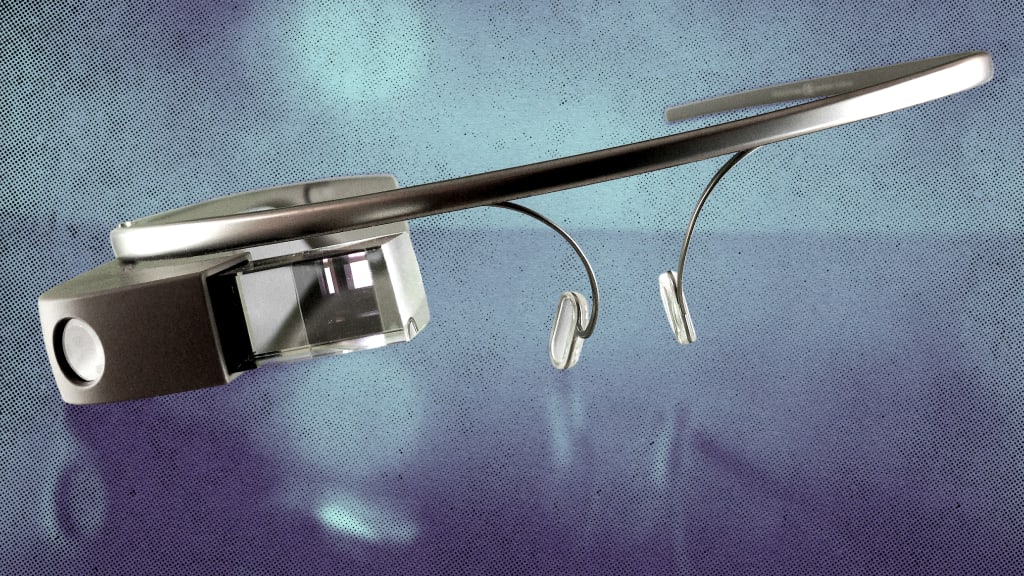
"Well over a decade on from its initial launch, it's safe to say that Google Glass was not a success. While the product had some forward-thinking ideas, it's generally not a good sign when your product leads to the coinage of a brand-new insult. The design was off-putting and the technology wasn't ready-and neither was society."
"Today, things are a little different. Meta and Ray-Ban's smart glasses are a hit, despite offering the same camera capabilities that turned so many off Google Glass in the first place."
"We believe there's not a one size fits all for XR, and you'll use different devices throughout your day. An immersive headset like Samsung's is better suited to movies or games, while lightweight glasses are designed for on-the-go use as a complement to a phone."
"The Gemini AI assistant, meanwhile, ought to work seamlessly across both headsets and glasses."
Google Glass initially failed due to design issues and societal readiness, coining a new term of derision in the process. However, the landscape has since changed, with the success of Meta and Ray-Ban's more appealing smart glasses. At this year's I/O keynote, Google's XR VP Shahram Izadi highlighted that the company is shifting focus to functionality and design for its new glasses strategy. Google's approach involves adapting Android apps for XR, with differing devices catering to various needs, while the Gemini AI assistant is set to integrate across devices.
Read at Fast Company
Unable to calculate read time
Collection
[
|
...
]